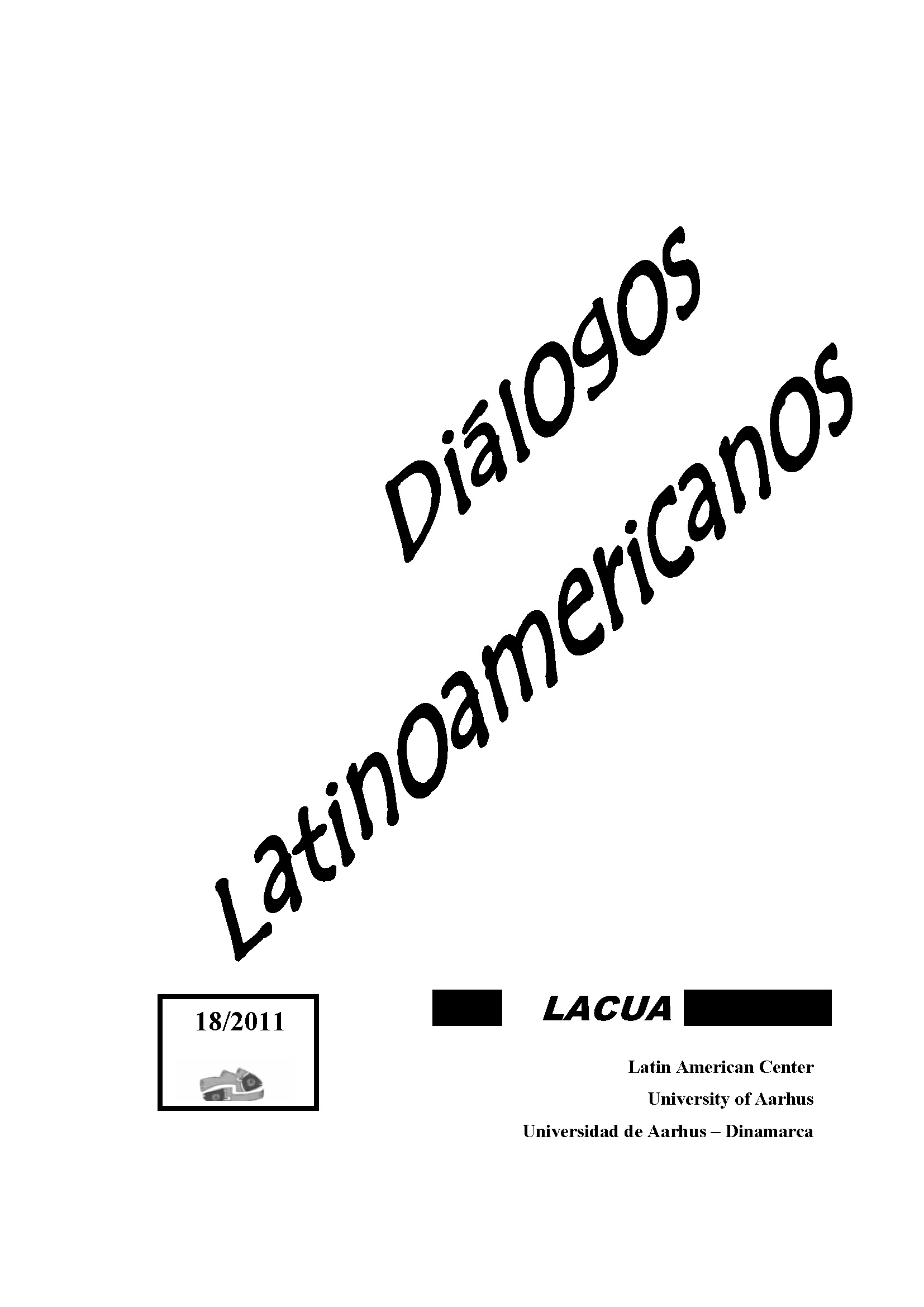Construções Sociais da Cor e da noção de Escravidão – reflexões sobre as idéias escravistas no Brasil Colonial
DOI:
https://doi.org/10.7146/dl.v12i18.113437Keywords:
Inequality, Difference, SlaveryAbstract
This article aims to examine one of the most complex questions that has marked the history and development of the modern societies – the interlacement between the notions of Enslaved Inequality and Black Difference. The reflection is supported by a theoretical framework elaborated on the basis of the possible usage of the semiotic approach to discuss three fundamental concepts of the Social and Human Sciences – Equality, Inequality and Difference. The question that moves the discussion presented is the interaction of the ideas of Enslaved Inequality, Black Difference and Africanity in the process of constructing the Colonial Slavery System in Brazil in the centuries that precedes the Republican period.
References
Basil, Davidson (1981). Os africanos: uma introdução à sua história cultural. Lisboa: Ed. 70. Blackburn. Robin (2002). A Queda do Escravismo Colonial – 1776-1848. São Paulo: Record. Cardoso, Ciro Flamarion (1987). Trabalho Compulsório na Antiguidade, Rio de Janeiro: Graal. Cornevin, Marianne (1979). Apartheid, Poder e Falsificação Histórica. Lisboa: Edições 70. Couty, Louis. A Escravidão no Brasil. Rio de Janeiro: Fundação Casa Rui Barbosa, 1988 [original: 1880] Greimas, A. J. Semântica Estrutural. São Paulo: Cultrix, 1973. Greimas e Courtés (2002). Dicionário de Semiótica. São Paulo: Cultrix. Hatzfeld, Jean (2005). Uma Temporada de Facões – relatos do genocídio em Ruanda. São Paulo: Companhia das Letras. Karash, Mary (2000) A vida dos escravos no Rio de Janeiro (1808-1850) São Paulo: Cia das Letras. Lovejoy, Paul. (2002) “Identidade e Miragem da etnicidade: a jornada de Mahommah Garôo Baquaqua para as Américas” in Afro-Ásia. Salvador: CEAO/UFBA, n° 27, p.9-39. Mattoso, Kátia de Queirós (1982). Ser Escravo no Brasil. São Paulo: Brasiliense. Miers, Suzanne e KOPYTOFF, Igor (1977). Slavery in Africa: historical and anthropological perspectives. Madisson: Madisson University of Wiscosin Press. Olsen, Steve A História da Humanidade. Rio de Janeiro: Campus, 2001. Patrocíno, José. Artigos Abolicionistas dos jornais Gazeta de Notícias (1880-1881), Gazeta da Tarde (1882-1887), e Cidade do Rio (1887-1889). Petterson, Orlando (1982). Slavery and Social Death: a comparative study. Cambridge Mss: Harvard University Press Nabuco, Joaquim. O Abolicionismo in SANTIAGO, Silviano (org.) Intérpretes do Brasil. Rio de Janeiro: Nova Aguilar, 2002. p.23-167. Oliveira Martins, J. P. de. O Brasil e as Colônias Portuguesas. Lisboa: Guimarães, 1978. 1ª ed: 1887. Rebouças, André Pinto. A Agricultura Nacional. Estudos Econômicos. Propaganda Abolicionista e Democrática. Recife: Fundação Joaquim Nabuco / Editora Massangana, 1988. Rose, Arnold (1972) “As origens do preconceito” in Raça e Ciência II. São Paulo: Perspectiva. Soares, Carlos Eugênio Líbano; FARIAS, J. B.; GOMES, Flávio dos Santos (2003). No Labirinto das nações – africanos e identidades no Rio de Janeiro, século XIX. Rio de Janeiro: Arquivo Nacional.
Downloads
Published
How to Cite
Issue
Section
License
Counting from volume 31 (2022), articles published in Diálogos Latinoamericanos are licensed under CC-BY 4.0. Read more about the license terms here https://creativecommons.org/licenses/by/4.0/.
No Creative Commons license applied on volumes 1-30. All rights reserved by the authors. Readers may download, read, and link to the articles, but they cannot republish the articles.
With the publication of volume 31 (2022), authors retain the full copyright to their articles and give Diálogos Latinoamericanos the right to the first publication. Authors also retain copyright to earlier versions of manuscripts, such as the submitted (pre-print) and the accepted manuscript (post-print).
Copyright to articles published in volumes 1-30 is held by the authors.





